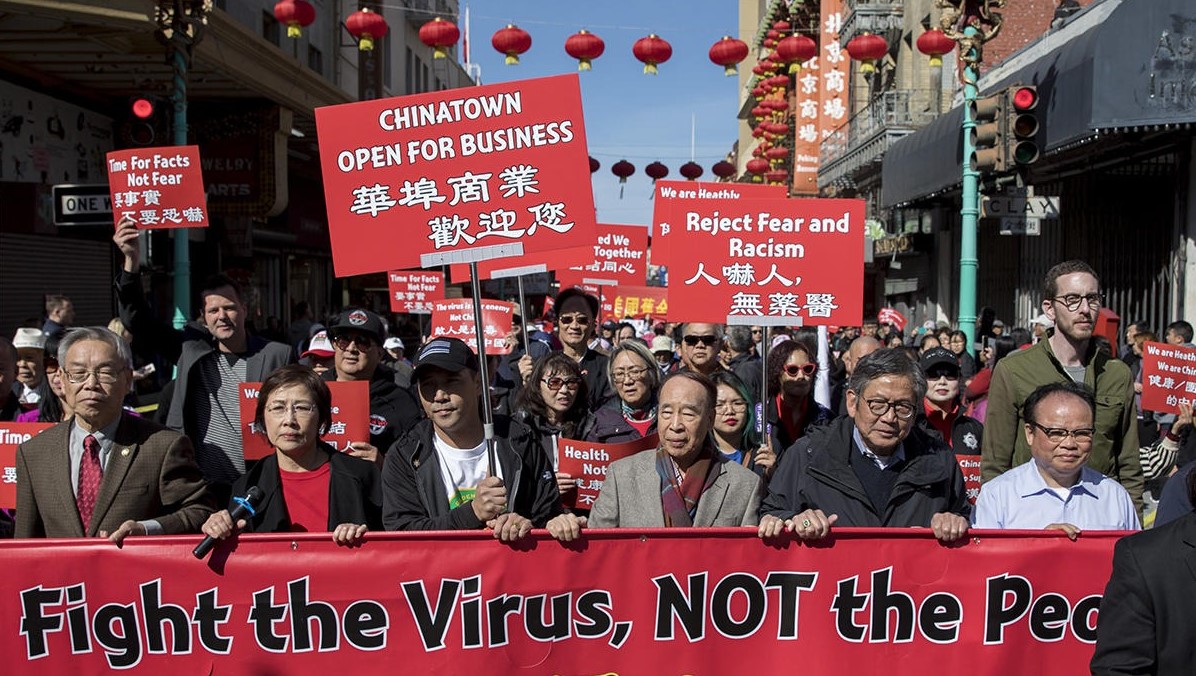8 derogatory terms against the Chinese that you should know about

Racism. It is the discrimination directed against a person or a group on the basis of the particular racial or ethnic group. In the Philippines, we actually have a law against racism. Under Presidential Decree No. 966 effective since July 20, 1976, all forms of racial discrimination are declared criminal offenses and punishable by law. In fact, violation of this Decree can grant you imprisonment for a minimum of 10 days and up to 6 months. The penalty provided shall be imposed in the maximum especially if the offender is a government official or an employee.
Racism against Asians, especially the Chinese, only grew more than ever after the start of the COVID-19 pandemic where it was often termed as the “Chinese Virus.” There are also a handful of videos posted online where people of Chinese ethnicity are being attacked just because of their race. Even way back during the Spanish colonization, a number of racial slurs against the Chinese ethnicity already existed.
Here are 8 derogatory terms against the Chinese and why it’s considered a racial slur.
Intsik
This was once a neutral term that referred to people of Chinese ethnicity, which includes the Filipino-Chinese. It recently gained a negative connotation after Chinoys started to prefer not to be called Intsik. It originated from the Hokkien term chiek which refers to one’s uncle. This term has harsher and more offensive variations such as Intsik beho or Intsik beho tulo laway which means “Old Chinaman with Drooling Saliva”. The phrase was made after the first few Chinese that landed in the Philippines had a hard time pronouncing some Filipino words which caused them to drool thus creating this racial slur.
Tsekwa
Also known as Chekwa, it is a slang term used by the Filipinos to refer to Chinese people. Like the term Intsik, it gained a negative connotation after Chinoys refused to be called using that term.
Chinaman

The term Chinaman is noted as offensive by modern dictionaries, dictionaries of slurs and euphemisms, and guidelines for racial harassment. It is labeled as offensive by dictionaries due to a large number of negative idioms that contain the word Chinaman. For example, the phrase “(one) must have killed a Chinaman.” which is an offensive idiom used when one experiences bad luck. This idiom came from the superstition that killing someone from China would literally bring someone bad luck.
Ching chong
The term Ching chong is used to mock people of Chinese ancestry, the Chinese language, and other East and Southeast Asian looking people. Ching chong is usually used as an “imitation” of what people not of Chinese ethnicity think the Chinese language sounds like.
Lingling
It is used to call or mock someone of Chinese descent as “Ling” is a unisex Chinese name which means it probably appeared in a lot of names from people of Chinese ethnicities. The name “Ling” means spirit or chime, but in urban slang, Lingling is sometimes attributed to a promiscuous Asian woman or an unknown Asian person’s name.
Chink
Chink is an ethnic slur usually referring to a person of Chinese descent. It is also used against people who look and have an East Asian appearance. The use of the term is considered offensive and racist.
Vagrants
Vagrants are people without a settled home or regular work who wanders from place to place and lives by begging. According to a UP Professor, many Chinese people were called Vagrants during the Spanish era which was used to describe the condition they were once in.
Corona
The term was just recently used in 2020 because of the COVID-19 pandemic, in assumptions that every one of Chinese descent is to blame for what has happened to the world today.
